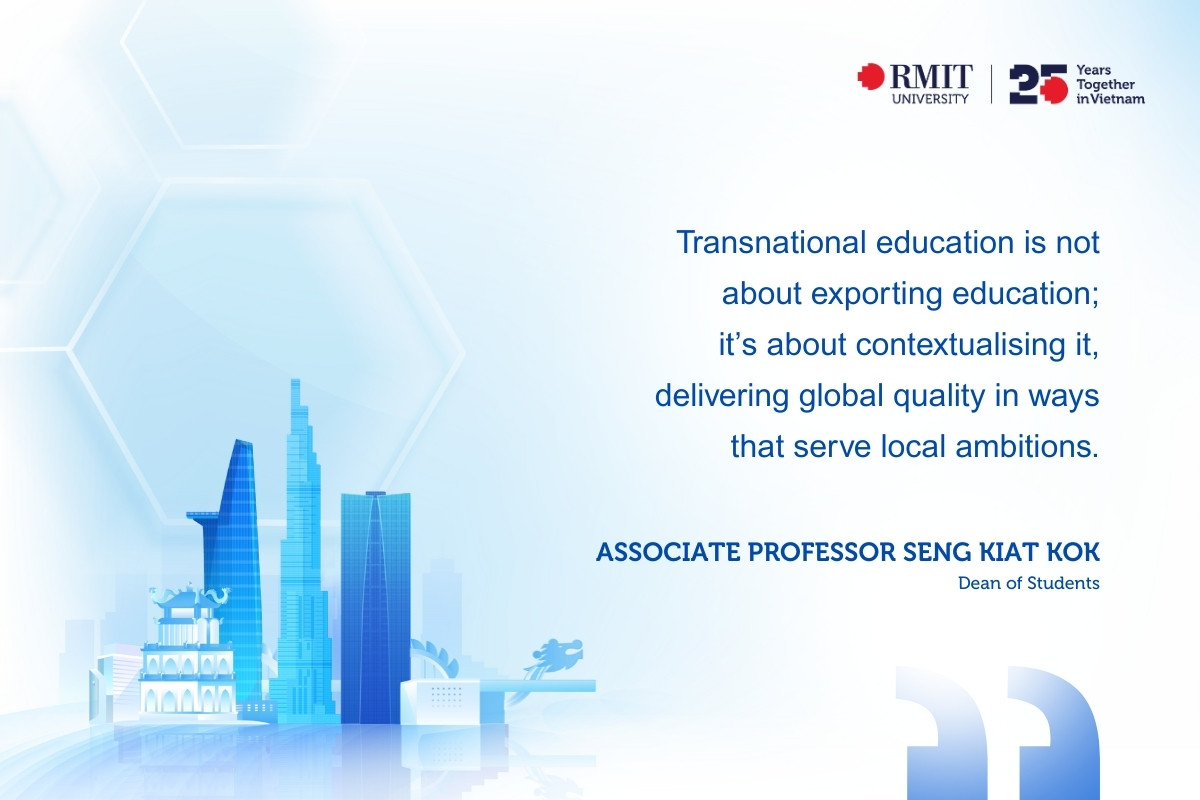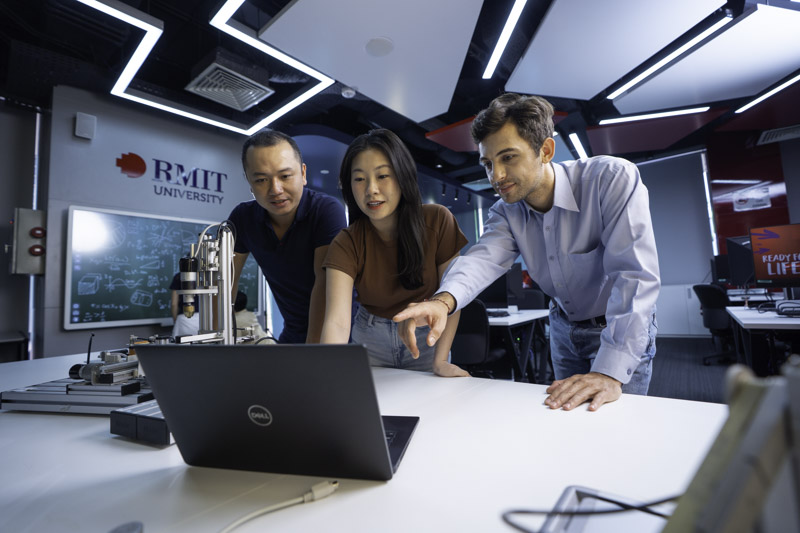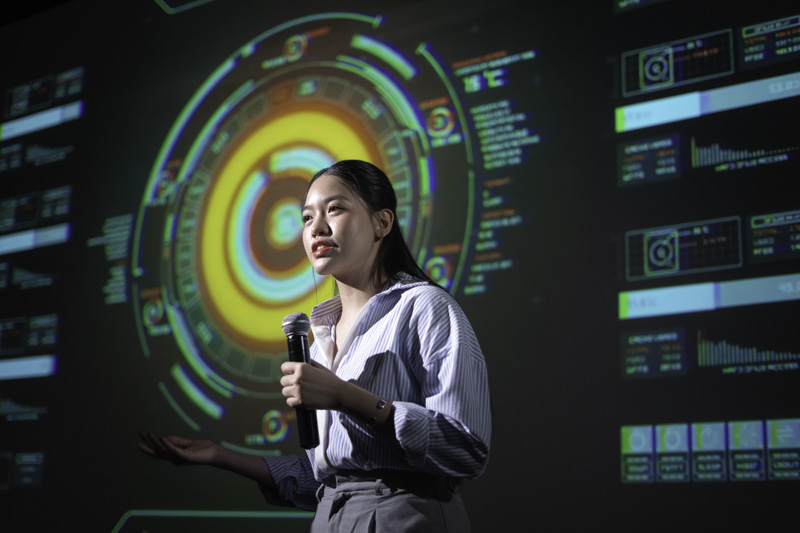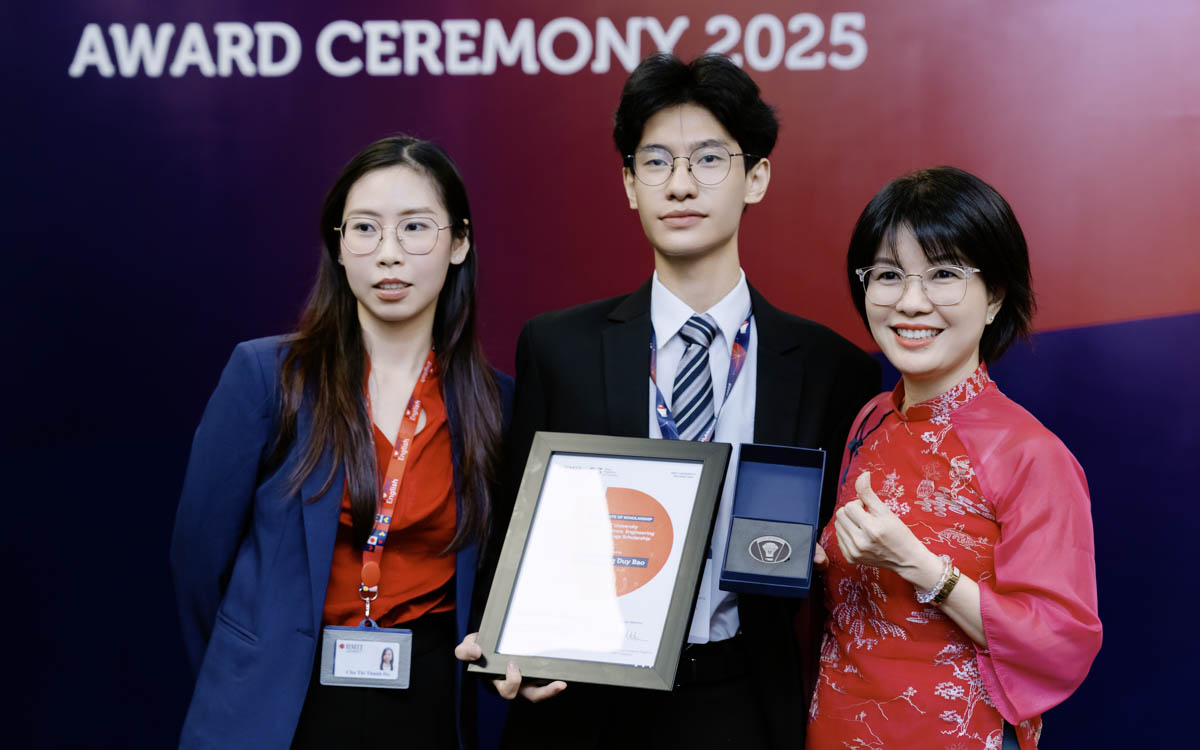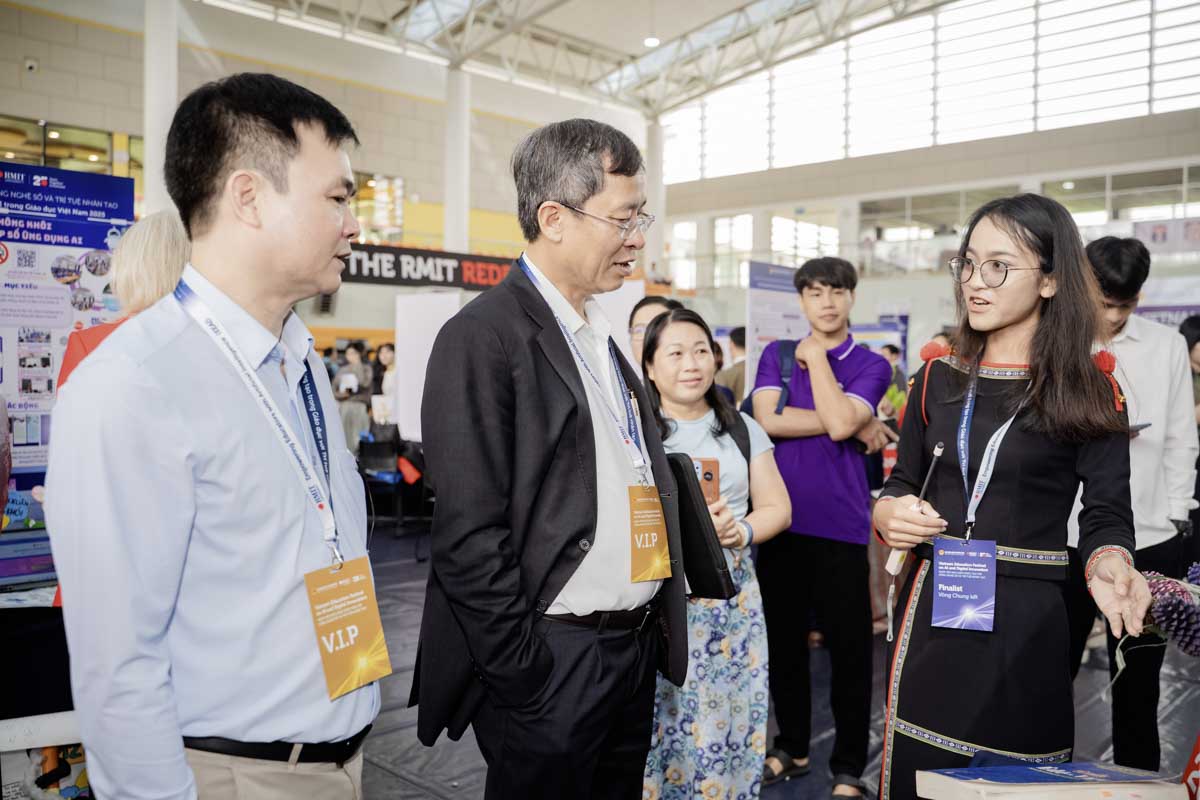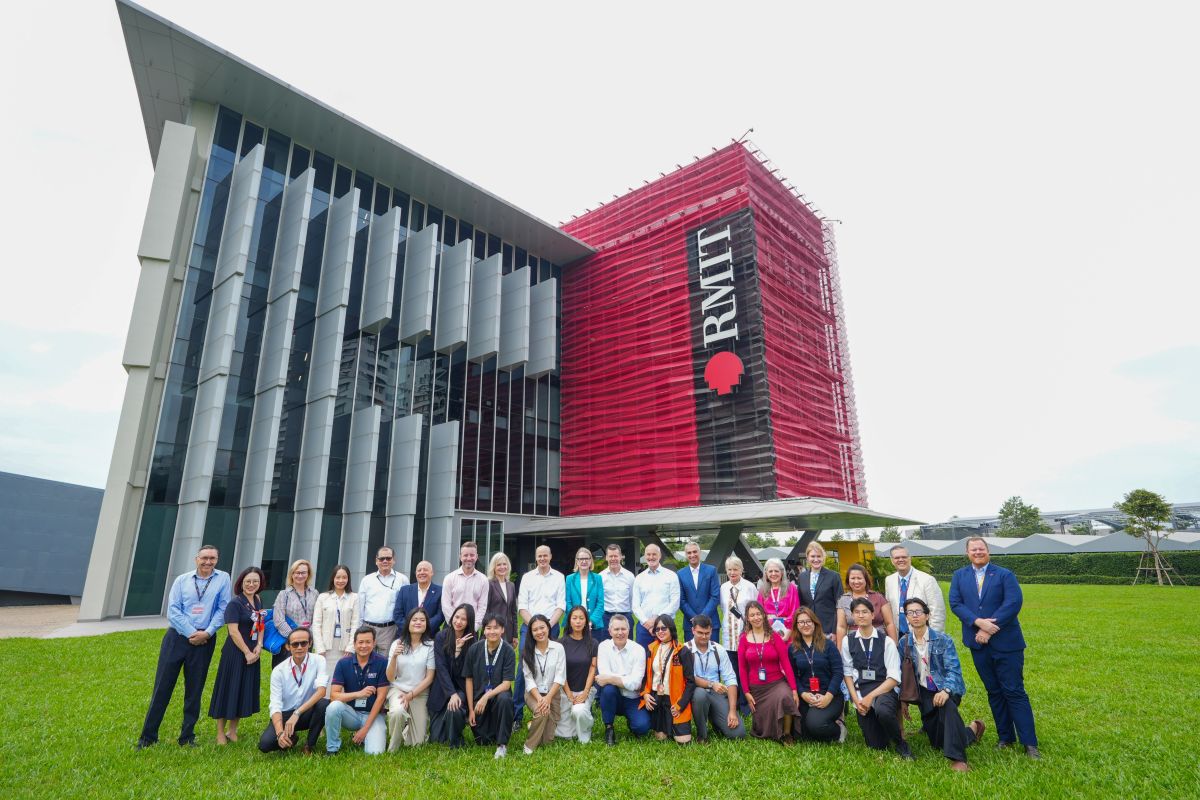What if the future of global education isn’t imported, but invented in Vietnam?
Rooted in a deep cultural respect for learning, Vietnam is quietly reshaping its education landscape.
With over 400 international programs and growing expertise in digital learning, the country is stepping into a new role from being a recipient of global educationto a co-creator in global knowledge ecosystems.
It's not fiction anymore.
This is where the future begins.
Welcome to Vietnam 2050: The vision ahead
Ready to rethink education?
Vietnam has made significant strides in internationalising its higher education system. Transnational education is now a defining feature of the nation’s academic landscape. This shift isn’t just expanding access, it’s reshaping how universities design, deliver, and define education. Institutions are evolving into globally connected hubs of innovation, where cross-border collaboration meets local relevance.
Vietnam is new to the field of learning innovation and has significant untapped potential in blended and online learning design.
And it’s not just about adopting innovation.
We’re seeing Vietnam move from being a recipient of global education to a co-creator in global knowledge ecosystems.
Government policies such as the Education Development Strategy until 2030, with a vision to 2045, reflect this ambition, focusing on international curriculum design, research collaboration, and global degree recognition. As Vietnam aims to become a high-income nation by 2045, the demand for a skilled, future-ready workforce is growing fast.
But this goes beyond proficiency in STEM. Vietnam’s ambitions in high-speed rail, AI, semiconductors and digital transformation means the demand for multi-skilled professionals is accelerating. Universities must step up as co-creators of change. We need talent that can navigate complexity, work across cultures, and lead in ambiguity. That means blending deep technical knowledge with broad, human-centred capabilities. RMIT’s approach reflects this new paradigm. Its 3A pedagogy: Applied, Active and Authentic combines cross-disciplinary learning with real-world problem solving.
Technical skills alone aren’t enough. Tomorrow’s workforce needs adaptability, leadership, and a global outlook.
Our role is to simulate the environments our graduates will enter. That means rapid technological change, cultural diversity, and social responsibility. To thrive in these environments, future-ready learners need the right tools, and technology is part of the answer. AI can play a supportive role in this transformation, helping learning designers automate routine tasks, generate initial content drafts, create interactive simulations and personalise learning experiences at scale.
Through secure tools like RMIT’s in-house AI agent “Val” and collaborative initiatives like the “GenAI for Course Creation” project, Vietnamese teams are showing they can not only keep pace, but lead. Our three Platinum LearnX awards for Innovation, Learning design and Online Learning, and our international conference presentations are a testament to the quality of our work. Our international collaborations demonstrate how Vietnamese learning designers bring valuable talent, dedication and skills that match and even exceed those of their counterparts in more established markets.
Transnational education is about breaking barriers to access, relevance, and equity.
With over two decades of deep engagement in Vietnam, RMIT is co-shaping the nation's workforce, research, and innovation ecosystem. It’s not about exporting education. It’s about contextualising it, delivering global quality in ways that serve local ambitions.
Be global in mindset but grounded in community.
Lead with purpose, we can leapfrog outdated systems and build something truly future-oriented.
Vietnam’s learning transformation is driven by purpose. And transnational education is more than an opportunity, it’s a responsibility. So Vietnam could become the innovation hub of Southeast Asia. The foundations are in place and what we need now is bold thinking and collaborative action.
With the youthful, energetic population and upward economic trajectory, Vietnam is creating the right conditions to rethink how we educate for the future and transnational education will play a critical role in that.
Vietnam is ready.
And RMIT Vietnam firmly make the commitment.
Vietnam 2050: The vision ahead

